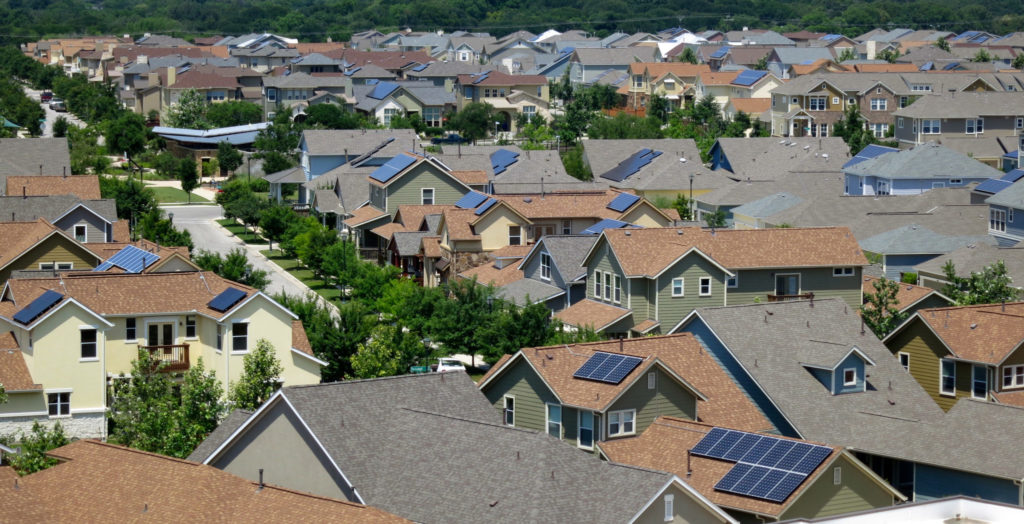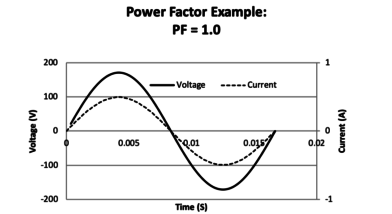
Energy

Pecan Street PLATFORM Participant SAYA Lands New Customer
By Bart Bohn, startup advisor, Pecan Street Congratulations to SAYA, a provider of a smart water meter for residential and commercial buildings, on the recent announcement of securing installations in 500 homes in The Heights community in Chino, California.

Austin SHINES testing solar + batteries as a clean, dispatchable grid solution
By Andrea Tosi, power systems specialist, Pecan Street Solar energy is ideal as a clean energy resource in places like Texas, where sunshine is abundant. But even in Texas, the sun doesn’t shine 24/7. This variability results in reliability issues for the grid. Energy Storage Systems (ESS) are crucial as solar penetration increases in Austin.

Dataport update brings new URL, new UI and new Data
By Grant Fisher, chief information officer, Pecan Street Thanks to feedback and requests from users like you and a grant from the Alfred P. Sloan Foundation, Dataport is now better than ever. Most importantly, the Dataport website has moved to dataport.pecanstreet.org. In addition, the redesigned site features a more user-friendly interface that makes it easier to find and use the data you need.

Pecan Street at 10: A Decade of Energy Innovation and Invention
By Colin Rowan, director of communication, Pecan Street – 2019 marks Pecan Street’s 10-year anniversary, and we’re thrilled to report that it’s been an incredible decade of innovation, invention, insight, and progress. Over the next few weeks, we’ll be sharing what we think all of our individual accomplishments add up to — Pecan Street’s 10-Year Top 10.

Power factor – a little known feature of a reliable grid
By Scott Hinson, chief technology officer, Pecan Street Power factor is a measurement distribution engineers use to figure out how difficult it is to provide power to whatever we plug in. Every device that pulls electricity from the grid, from a small phone charger to large industrial loads, has a power factor that can be measured. Exactly what is power factor (or PF)? The easiest way to understand it is to see it.

Energy Research
Real energy. Real customers. In real time.

How California is incentivizing solar to beat the peak
South-facing systems produce more solar, but west-facing panels may produce more valuable solar to the grid. By Herman K. Trabish, Utility Dive, October 13, 2014 The California Energy Commission wants to turn rooftop solar in a whole new direction. Discovering where and when west-facing rooftop solar has a value proposition as good or better than traditional south-facing […]





